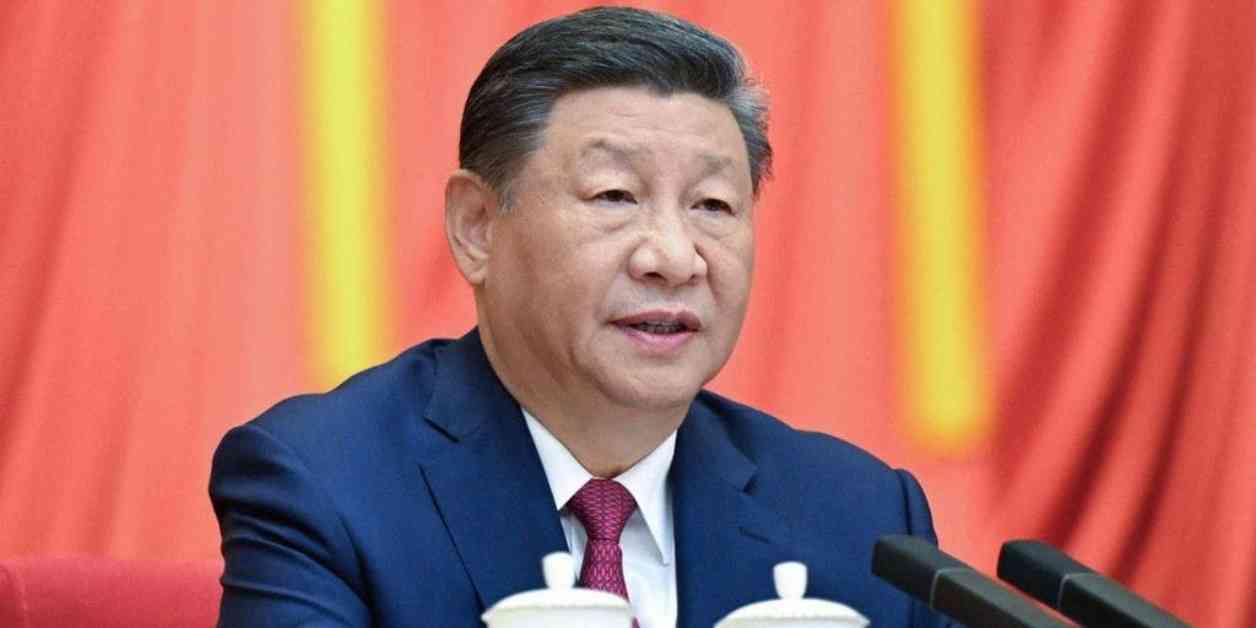GOP Senators Announce Comprehensive Strategy to Counter CCP Influence
Republican senators are taking a proactive stance against the Chinese Communist Party’s influence in the west, introducing a series of measures aimed at curbing their impact. Led by Sens. Pete Ricketts from Nebraska and Eric Schmitt from Missouri, the legislators are targeting various aspects of China’s involvement in America, including at universities and in the U.S. agricultural sector.
Ricketts emphasized the urgency of addressing the threat posed by the CCP, stating, “The CCP is the single greatest threat to America’s national security and financial independence. A CCP-led world would mean coercion instead of choice, tyranny instead of liberty, and dictatorship instead of democracy. The only way to combat this threat is with a strong, strategic, all-of-government approach. These bills move us closer to that goal.”
Legislation Introduced by Republican Senators
Sen. Ricketts introduced five bills aimed at safeguarding America’s interests and reducing CCP influence:
1. Protecting domestic food supply chains
2. Disincentivizing university endowments from investing in “adversarial entities”
3. Preventing tax breaks for investing in companies from China, Russia, Iran, North Korea, and Belarus
4. Halting U.S. market participation and ownership in businesses sanctioned for human rights violations
5. Prohibiting index funds from purchasing Chinese stocks
Sen. Schmitt also introduced a measure to prevent members of the CCP and their relatives from obtaining student visas to attend American universities. He argued that it is illogical for American institutions to educate the children and family members of CCP officials, stating, “The more than 100,000 admission slots should go to American students.”
Addressing CCP Influence in Higher Education
Schmitt further emphasized the need to protect American higher education from CCP influence, stating, “If you are associated with a foreign organization actively working to undermine the United States, you should not have the privilege of being educated on our college campuses. The Protecting Higher Education from the Chinese Communist Party Act puts an end to these special privileges.”
Growing Concern Over CCP Influence
The introduction of these measures comes as Republicans continue to raise concerns over CCP influence and America’s vulnerabilities. Recent surveys have shown that an increasing number of Americans view limiting China’s power and influence as a top priority for U.S. foreign policy. With about half of respondents agreeing on the importance of addressing CCP influence, there is a growing consensus on the need for decisive action.
Conclusion
As Republican senators push for a comprehensive strategy to counter CCP influence, the focus remains on safeguarding America’s national security and economic interests. By targeting various aspects of Chinese involvement in the U.S., legislators aim to mitigate the threats posed by the CCP and protect American freedoms and democracy. The introduction of these measures reflects a bipartisan consensus on the urgency of addressing CCP influence and securing America’s future.




